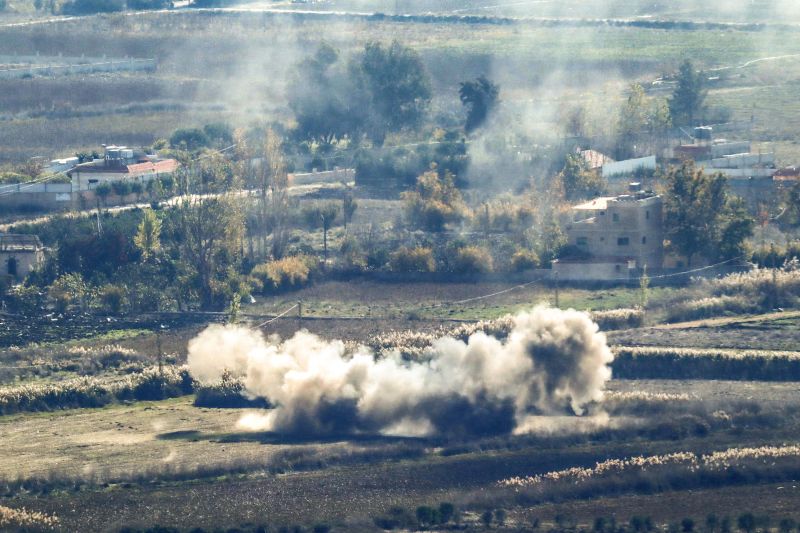
Israel’s Bold Move: Threatening to Escalate Further into Lebanon Amid Ceasefire Tensions
In a recent escalation of tensions in the already volatile region of the Middle East, Israel has threatened to go deeper into Lebanon as a response to continued strikes that are straining the fragile ceasefire in place. This latest development has once again brought to light the simmering conflict between the two neighboring countries and the complex web of political, religious, and historical factors that underlie their animosity.
The history of conflict between Israel and Lebanon dates back decades and is rooted in territorial disputes, border skirmishes, and proxy wars involving various regional players. Over the years, both countries have been involved in several military conflicts, with the most recent major confrontation occurring in 2006 when Israel launched a large-scale offensive against Hezbollah in Lebanon.
The recent escalation began with a series of strikes by the Lebanese militant group Hezbollah against Israel, prompting a swift response from the Israeli military. The strikes, which targeted Israeli territory, resulted in casualties and raised concerns about a potential return to all-out warfare between the two countries.
Israel’s threat to go deeper into Lebanon is a clear signal of its determination to defend its territory and population against any perceived threats. However, such a move could have far-reaching consequences and could potentially lead to a wider conflagration in the region, drawing in other actors and escalating tensions further.
The international community has called for restraint and de-escalation, emphasizing the need for dialogue and diplomatic solutions to resolve the underlying issues fueling the conflict. Efforts are underway to shore up the existing ceasefire and prevent further violence, but the situation remains fragile and unpredictable.
In this tense and uncertain environment, the need for dialogue, cooperation, and compromise cannot be overstated. Both Israel and Lebanon must find a way to address their grievances and concerns through peaceful means, rather than resorting to military force and risking the lives of innocent civilians.
Ultimately, a sustainable peace in the region can only be achieved through a mutual commitment to dialogue, respect for each other’s sovereignty, and a willingness to find common ground. As the world watches with concern, it is imperative that all parties involved exercise restraint and work towards a peaceful resolution of their differences, lest the cycle of violence and suffering continue unabated.
